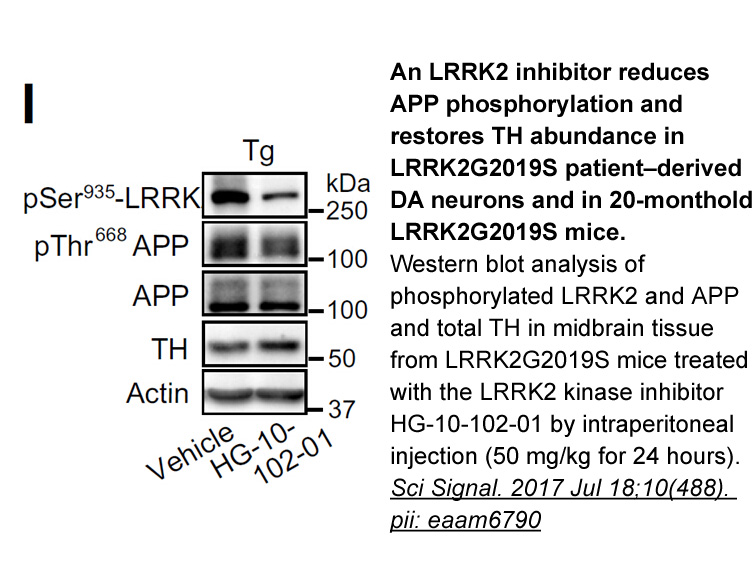Archives
Due to its unique histological architecture
Due to its unique histological architecture and blood supply, the lung is one of the most susceptible organs under uncontrolled systemic inflammatory circumstance [16]. Several studies have reported the anti-inflammatory benefits of metformin in acute lung injury induced by lipopolysaccharide (LPS), hypoxia and ventilation [[17], [18], [19]]. However, the underlying mechanisms remain to be further investigated. Because recent studies have found that AMPK also plays crucial roles in the limitation of cox 2 inhibitor [20], we proposed that AMPK might be responsible for the beneficial effects of metformin in acute lung injury. In the present study, the potential roles of AMPK in mediating the protective effects of metformin were investigated in a mouse model with endotoxemia-induced acute lung injury. In addition, the mechanisms downstreaming AMPK was investigated via pharmacological intervention of sirtuin 1 or mammalian target of rapamycin (mTOR), two metabolic regulators closely associated with the functions of AMPK [21].
Materials and methods
Results
Discussion
Metformin is a widely-used metabolic regulator for the treatment of type 2 diabetes [5]. Because inflammatory response is closely associated with the metabolic process [4], treatment with metformin could also provide beneficial effects in inflammatory injury [11,28]. In the present study, we found that treatment with metformin significantly suppressed LPS-induced pro-inflammatory cytokines production, these effects were accompanied with alleviated lung injury and improved survival rate. These results were consistent with the data recently reported by other group [17,25]. In addition to the suppressive effects on the production of pro-inflammatory cytokines, several studies found that metformin also reduced neutrophil infiltration and microvascular permeability [29,30], two crucial pathological events contribute greatly to the development of acute lung injury [31]. Therefore, metformin might have potential value for the prevention of lethal inflammatory lung injury.
It is widely accepted that AMPK is the main target responsible for the metabolic regulatory activities of metformin [13]. Several stud ies found that the anti-inflammatory effects of metformin depended on AMPK because pharmacological inhibition of AMPK or genetic deletion of AMPK abolished the suppressive effects of metformin on inflammatory gene expression [32,33]. On the contrary, metformin also suppressed inflammatory response via AMPK-independent manner [34,35]. Therefore, both AMPK-dependent and AMPK-independent mechanisms underlies the anti-inflammatory properties of metformin. In the present study, treatment with metformin increased the phosphorylation level of AMPK, inhibition of AMPK abolished the anti-inflammatory benefits of metformin, suggesting the protective effects of metformin in the present study depend on its stimulatory effects on AMPK.
The anti-inflammatory actions of AMPK have been gradually revealed recently, but the underlying mechanisms largely remain unclear. It was suggested that AMPK might indirectly activate sirtuin 1, another important metabolic regulator [26]. Sirtuin 1 functions as a histone deacetylase, which modulates the expression of inflammatory genes via deacetylation of inflammation-related proteins such as nuclear factor kappa B (NF-κB) and activator protein 1 (AP-1) [36]. Several studies found that the anti-inflammatory activities of AMPK were mediated by sirtuin 1 [37,38]. However, inhibition of sirtuin 1 failed to abolish the anti-inflammatory effects of metformin, suggesting that other target protein instead of sirtuin 1 might be responsible to the beneficial effects of metformin in the present experimental model.
In addition to AMPK and sirtuin 1, the mTOR is also a crucial metabolic regulator that be involved in the modulation of inflammatory response [39]. mTOR plays central roles in the control of protein synthesis via phosphorylation and activation of p70S6K1 as well as other downstream targets [40]. It is well documented that activation of AMPK might result in inhibition of mTOR [21]. The present study found that LPS-induced activation of mTOR was inhibited by metformin in an AMPK-dependent manner. In addition, activation of mTOR reversed the anti-inflammatory benefits of metformin, suggesting mTOR inhibition might be an important mechanism underlying the anti-inflammatory effects of metformin.
ies found that the anti-inflammatory effects of metformin depended on AMPK because pharmacological inhibition of AMPK or genetic deletion of AMPK abolished the suppressive effects of metformin on inflammatory gene expression [32,33]. On the contrary, metformin also suppressed inflammatory response via AMPK-independent manner [34,35]. Therefore, both AMPK-dependent and AMPK-independent mechanisms underlies the anti-inflammatory properties of metformin. In the present study, treatment with metformin increased the phosphorylation level of AMPK, inhibition of AMPK abolished the anti-inflammatory benefits of metformin, suggesting the protective effects of metformin in the present study depend on its stimulatory effects on AMPK.
The anti-inflammatory actions of AMPK have been gradually revealed recently, but the underlying mechanisms largely remain unclear. It was suggested that AMPK might indirectly activate sirtuin 1, another important metabolic regulator [26]. Sirtuin 1 functions as a histone deacetylase, which modulates the expression of inflammatory genes via deacetylation of inflammation-related proteins such as nuclear factor kappa B (NF-κB) and activator protein 1 (AP-1) [36]. Several studies found that the anti-inflammatory activities of AMPK were mediated by sirtuin 1 [37,38]. However, inhibition of sirtuin 1 failed to abolish the anti-inflammatory effects of metformin, suggesting that other target protein instead of sirtuin 1 might be responsible to the beneficial effects of metformin in the present experimental model.
In addition to AMPK and sirtuin 1, the mTOR is also a crucial metabolic regulator that be involved in the modulation of inflammatory response [39]. mTOR plays central roles in the control of protein synthesis via phosphorylation and activation of p70S6K1 as well as other downstream targets [40]. It is well documented that activation of AMPK might result in inhibition of mTOR [21]. The present study found that LPS-induced activation of mTOR was inhibited by metformin in an AMPK-dependent manner. In addition, activation of mTOR reversed the anti-inflammatory benefits of metformin, suggesting mTOR inhibition might be an important mechanism underlying the anti-inflammatory effects of metformin.